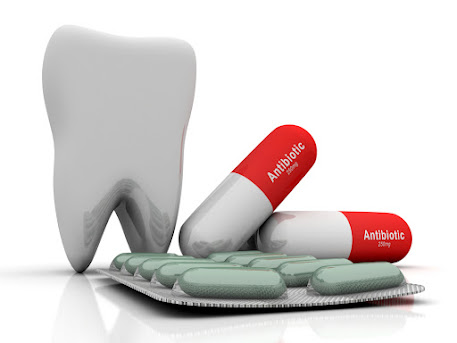Epigenetics is a study of how the environment and certain actions can cause changes to your genes, and thereby your oral health. The environment and various habits you pick up all play a focal role in the way you treat your health and wellness.
By properly using the right techniques and habits to improve your oral health, you can naturally do so, without needing to get surgery or other lengthy dental procedures.
Oral health is expensive, so taking care of this now plays a big role in your overall health and wellness. Let's dive in and explore the ways in which epigenetics plays a role in the oral health you possess.
Negative Environmental Factors and Epigenetics
There are certain negative activities that do actually exacerbate your epigenetics.
For example, stress. Stress causes issues with your oral health, and it can create problems down the line. For example,. If you’re stressed, it increases the immune cells, and it can cause growths and swelling. Stress also puts you at risk for bruxism, which is teeth grinding, and that can wear down the teeth, while also causing them to look duller and more boring.
Another is diet. If you have a diet of healthy foods and various drinks, you’ll be able to keep bacteria at bay, and a healthier smile. But, if you’re constantly eating junk food, riddled with sugars and starches, you’re giving those bacteria free reign to eat at those sugars you’ve given them, and in turn, it also causes issues with your oral health, including tooth and gum breakdowns, and as well gum disease.
Finally, there’s other lifestyle choices and your oral health. Smoking is one of the biggest, and it can cause many negative health consequences, including oral cancers. If you smoke, you’re putting yourself at a huge risk, but by cessation, your epigenetics will improve and naturally, you’ll have a healthier lifestyle.
Epigenetics and Periodontal Disease
The various actions you take in life also open the door to periodontal disease, and oral cancers.
If you don’t take care of your teeth, it’s putting you at risk for those, and in many cases, periodontal disease can result in tooth loss, and issues with the gum and bone. But, if you do take care of your teeth, by brushing twice daily and flossing once, you can nip gingivitis, and periodontitis, in the bud as well.
Oral cancers are the same. Again, while cancer can occur in anyone, those who engage in smoking and chewing tobacco end up putting themselves markedly at risk for this. if you’re not careful, it can happen to you. oral cancer screening, and engaging in healthier habits and lifestyle choices allow you to have better dental health, and better oral results.
More Research, More Opportunities
There’s more and more research coming out as well on the various epigenetic changes you can make to improve your oral health. Switching to sugarless gum for instance, can help to naturally clean out the mouth, flushing out all of the bacteria before it becomes an issue.
With more research at the helm, it can change the game for so many in the field of dentistry, and patients too who struggle with different types of various issues.
Remember, while we do have genetics that play a role in the lifestyle that we offer, by making sure that you also take care of yourself, you’ll be able to practice epigenetics, and have better oral health. So make sure you do that, and try to make sure as well that your epigenetic changes offer marked results in the field of dentistry.









.jpg)